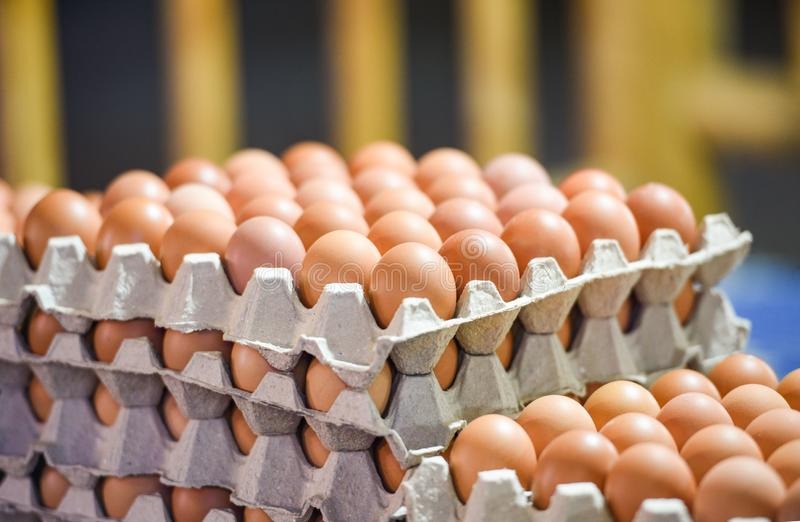ISLAMABAD: The prices of chicken and eggs are going to skyrocket in the coming days, as the poultry farmers are running out of feedstock due to delay in the clearance of soybean shipments at the Port Qasim, reports WealthPK.
The Pakistan Poultry Association (PPA) representatives are staging protests outside the press clubs in all metropolitan cities of the country and urging the authorities concerned for early clearance of soybean shipments.
Former PPA chairman in a recent press pointed out that a shipment of 600,000 tons of genetically modified (GMO) soybean was awaiting clearance from the Ministry of National Food Security & Research.
It is worth mentioning that solvent extractors have been importing GMO soyabean for the last 10 years. The oil extracted from soyabean is used for human consumption while the remaining content is used for making poultry feed. The GMO soybean is also used in US and other developed countries.
Imported soybean and canola oilseeds are considered the main ingredient of poultry feed for protein purpose and make up almost 35 percent of the chicken feedstock.
According to poultry farmers, if the ongoing issue was not addressed on a priority basis between the soybean importers and the Ministry of National Food Security and Research, the price of chicken might go above Rs1,000/kg.
‘’With the unavailability of soybean, feed mills will suspend their operations, rendering 2.5 million people jobless,’’ warned the PPA Vice Chairman Chaudhry Nusrat Tahir, adding that thousands of poultry sheds had already closed their business owing to the rising cost of feed.
As per the PPA statics, presently, 3.9 million chickens and 3.4 million eggs are produced daily and their supply chain could come to a halt if the soybean shipments clearance prolongs to a full month.
The Member Executive Committee also disclosed that the annual turnover of poultry sector had been over Rs800 billion and it provided employment to 2.5 million people across the country in different forms. He also stated that the feed mills production had almost come to nothing due to unavailability of soybean.
During the National Assembly’s Standing Committee meeting a few days back, an exchange of harsh words was reported between the solvent extractors and minister for food security and research. The committee members told the solvent extractors that the GMO ‘soybean was causing cancer among the users.
As per a science journal, there are two types of soybeans: GMO soybean and non-GMO soybean. The GMO soybeans are genetically engineered for a specific purpose, while the non-GMO soybean is not genetically engineered and has natural properties. The effects of GMO soybean on a human body are not felt directly but they take time to appear.
When contacted, a senior official of the Ministry of National Food Security and Research said the decision to ban GMO soybean was made in view of possible health hazards. Following the customs authorities’ suspicion, the importers were asked to get their shipments tested against the seed type stuck at the port.
The importers, however, refused to get their shipments tested. It is also worth mentioning that the non-GMO soybean is available in the world market with a little added cost but the solvent industry has not been importing it.
Minister for National Food Security Tariq Bashir Cheema has refused to allow the unloading of imported GMO soybean, asserting that his ministry will only allow the import of non-GMO soybean.
On the other hand, the representatives of poultry industry and solvent extractors are of view that soybean imports are very vital and the government’s indifference could cause a major food crisis in the country in the coming days.
Meanwhile, in a bid to avert this crisis, the Federal Tax Ombudsman (FTO) has directed the Federal Board of Revenue (FBR) to allow the unloading of soybean consignments on a one-time basis as a special case under the provision of Rules 20 (2) and on the assurance of importers and relevant stakeholders that GMO soybean won’t be imported in future.






